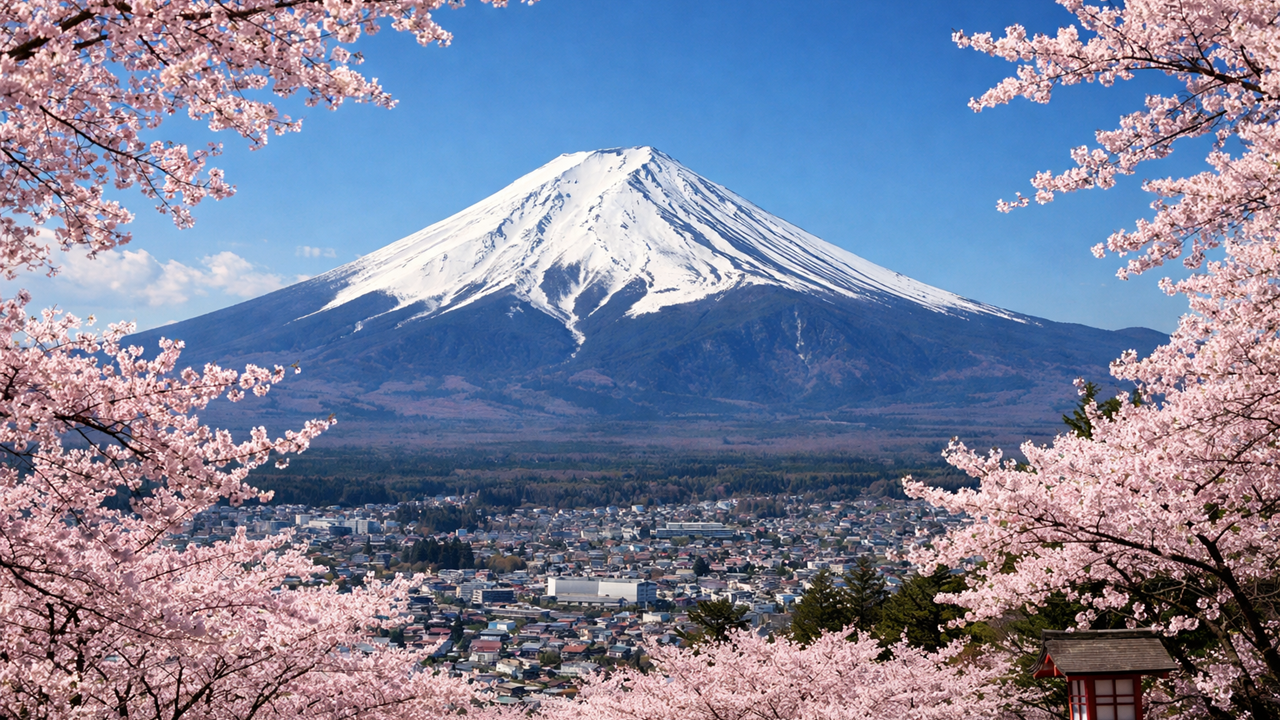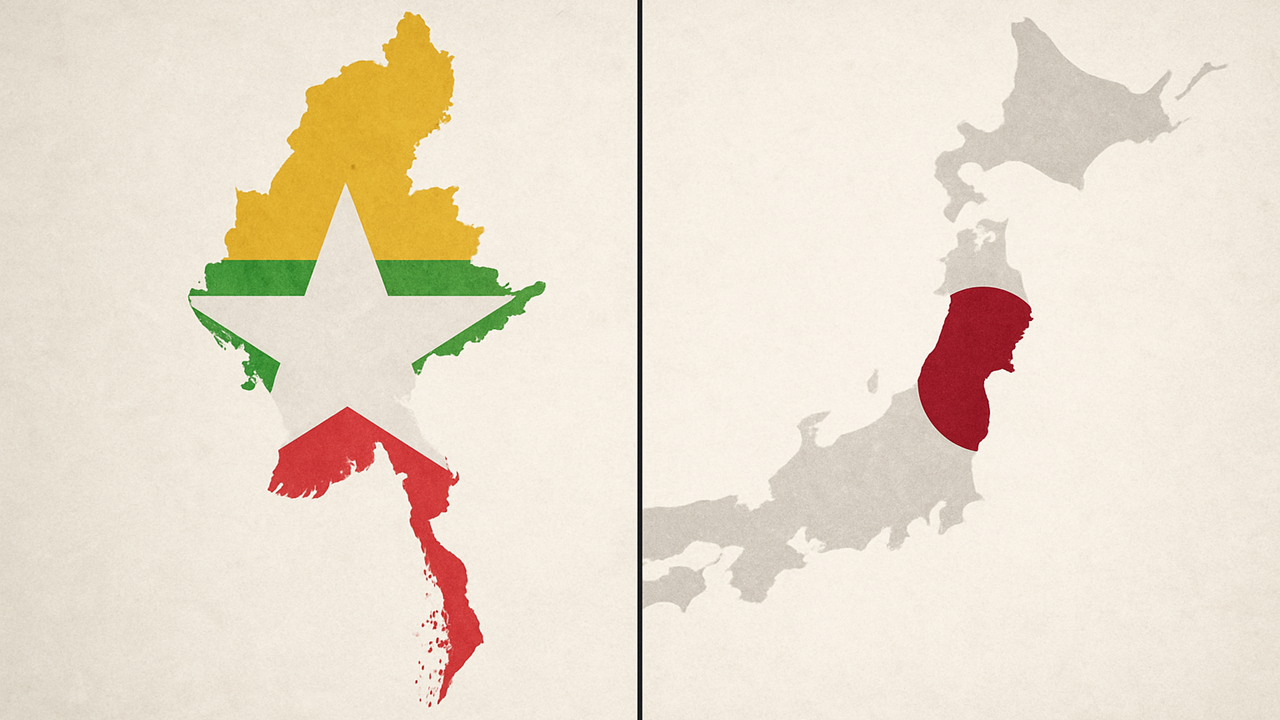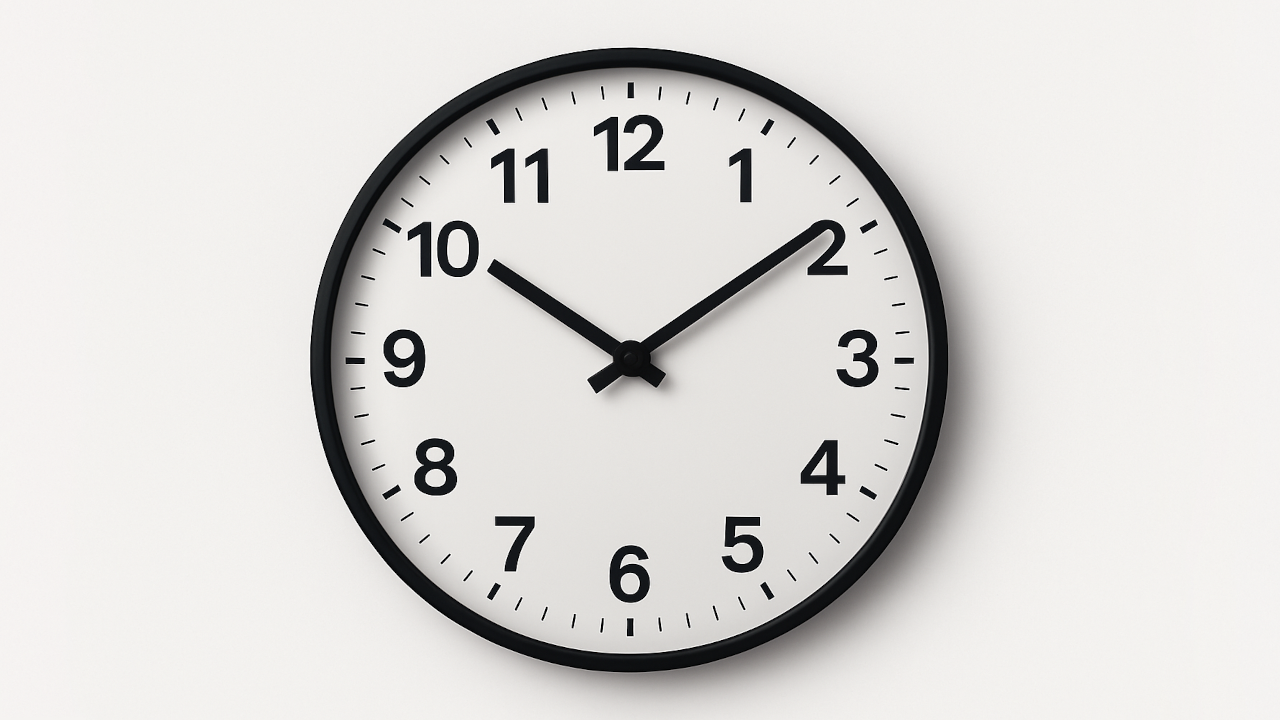Japan's Population Falls to Record Low Amid Aging Crisis
TOKYO — Japan's population has declined to a record low, highlighting the nation's ongoing demographic challenges. As of October 2024, the population stood at 120.3 million, marking a decrease of 898,000 people from the previous year—the largest annual drop since records began in 1950.
This marks the 14th consecutive year of population decline, driven by a persistently low birth rate and an aging society. The number of individuals aged 65 and over has risen to 36.24 million, accounting for 29.3% of the total population. Notably, those aged 75 and above increased by 700,000 to 20.77 million, representing 16.8% of the population.
Conversely, the population of children aged 14 and under fell by 343,000 to 13.83 million, making up just 11.2% of the total. The working-age demographic (15–64 years) also declined by 224,000 to 73.73 million, now comprising 59.6% of the population.
Experts warn that this demographic trend poses significant challenges for Japan's economy, including labor shortages and increased pressure on social security systems. The government has implemented various measures to address the declining birth rate, such as financial incentives for families and work-life balance initiatives. However, these efforts have yet to reverse the downward trend.
Projections indicate that if current patterns continue, Japan's population could fall below 100 million by the mid-21st century, raising concerns about the nation's long-term economic vitality and social stability.
CEO of Jivaro, a writer, and a military vet with a PhD in Biomedical Sciences and a BS in Microbiology & Mathematics.


























